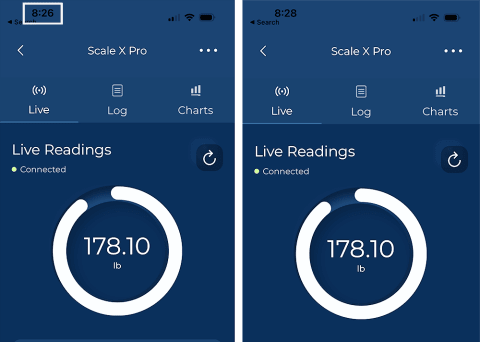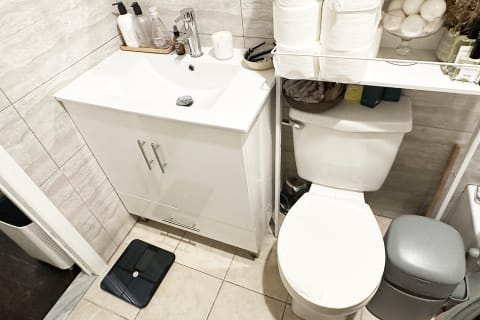It’s easy to have a love-hate relationship with scales.
The smart scale doesn’t just track your weight.
After testing thesmart scale, I’ve been surprised by how my relationship with a weekly weigh-in has shifted.

Oxiline Scale X Pro
What is Oxiline?
Oxilineisa medical equipment companythat creates blood pressure monitors, oximeters, glucometers, TENS units, and smart scales.
Here’swhat the smart scale tracks:
How does the scale track these metrics?
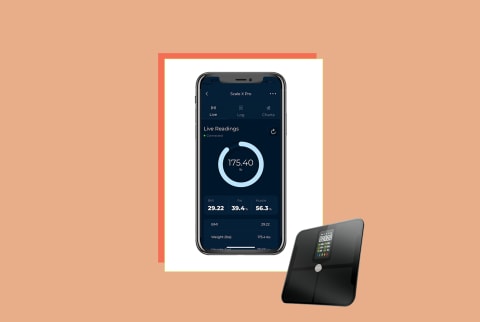
TheOxiline’s sheer amount of datais almost overwhelmingand it’s hard to imagine the11-by-11-inchdevice can calculate that much information.
But it all comes down to theECHOTM Bio-Electrical Impedance Sensor.
Each scale has12 auto-calibrating sensorsthat emit a high-frequency sound pulse through your body.
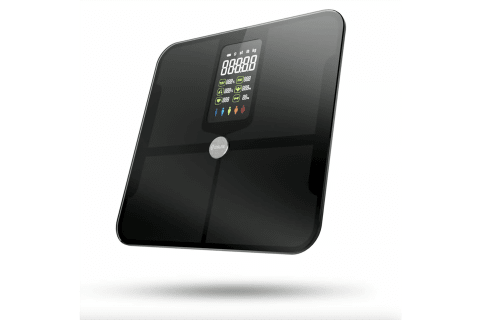
It then uses a combination of user data (height, weight, and age) tocalculate additional metrics.
I found setting up theconnection between the scale and iPhone via Bluetoothto be a super-simple process.
The app provides easystep-by-step directions with visualsto walk you through the setup.
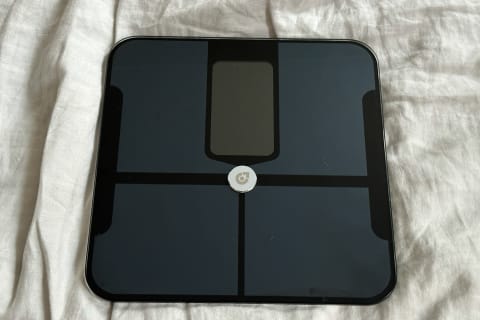
When you first start working out, your muscle mass often increases while your body fat decreases.
Is the Oxiline scale accurate?
Testing the sensors
The first test I played around with was not fully stepping on the scale.
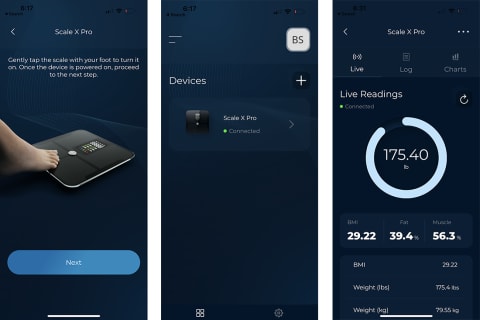
While the weight populated on my phone screen, other metrics remained empty.
Testing the precision
My second test focused on precision.
I wanted to see if the scale would give me the same exact weigh-in numbers from different rooms.
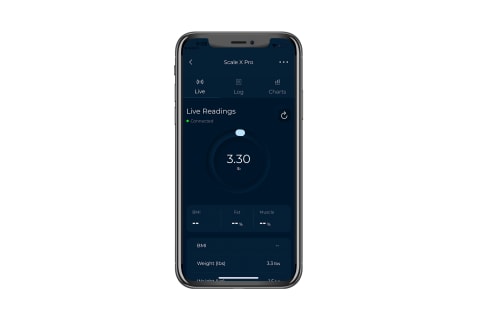
Comparing data points
I also decided to compare the heart rate tracked by the Oxiline scale and my Whoop.
I wanted to get an understanding of how similar (or different) these readers would be.
My Whoopis typically worn on my hand, while the scale calculates heart rates through your feet.
